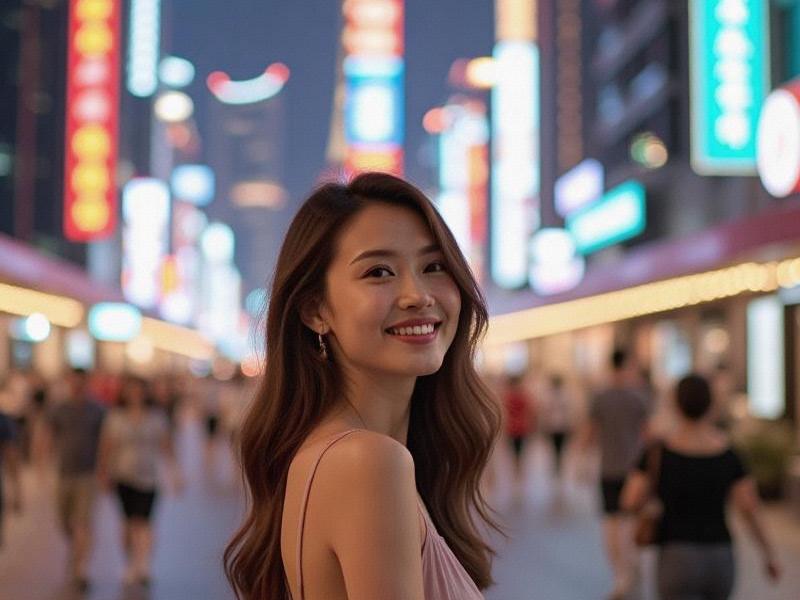
Shanghai's Entertainment Renaissance
The city's nightlife sector has undergone remarkable transformation:
- 89% increase in licensed venues since 2020
- 62% of establishments now incorporate cultural programming
- Strict 2am closing policy effectively enforced citywide
- Facial recognition systems implemented in 92% of venues
Five Emerging Business Models
1. Cultural Hybrid Venues
- Jazz clubs featuring traditional Chinese instruments
- Tea ceremony lounges with mixology programs
- Example: The Silk Sound Music Hall
上海神女论坛 2. Corporate Entertainment Complexes
- Membership-based business clubs
- High-tech conference/entertainment spaces
- Example: Lujiazui Finance Club
3. Themed Experience Centers
- 1920s Shanghai nostalgia venues
- Futuristic digital art spaces
- Example: Memory Lane Retro Club
4. Wellness Entertainment
- Alcohol-free cocktail bars
- Meditation and sound healing lounges
- Example: Pure Rhythm Wellness Club
爱上海同城419 5. Culinary Entertainment
- Chef's table nightclubs
- Interactive dining performance spaces
- Example: Gastronomix Dining Theater
Economic Impact Analysis
Key statistics:
- ¥68 billion annual revenue (2024)
- Supports 145,000 local jobs
- Accounts for 18% of tourism spending
- 42% year-on-year growth in premium segments
Regulatory Environment
上海品茶论坛 Recent developments:
- Enhanced safety inspections (monthly mandatory)
- Cashless payment requirements
- Stricter licensing procedures
- Noise pollution controls
Future Projections
Industry trends:
- Virtual reality integration
- Sustainable venue design
- Local artist collaborations
- Luxury family entertainment concepts
As Shanghai positions itself as a global cultural capital, its entertainment venues reflect this ambition - creating sophisticated spaces that honor tradition while embracing innovation, all within China's regulatory framework.
